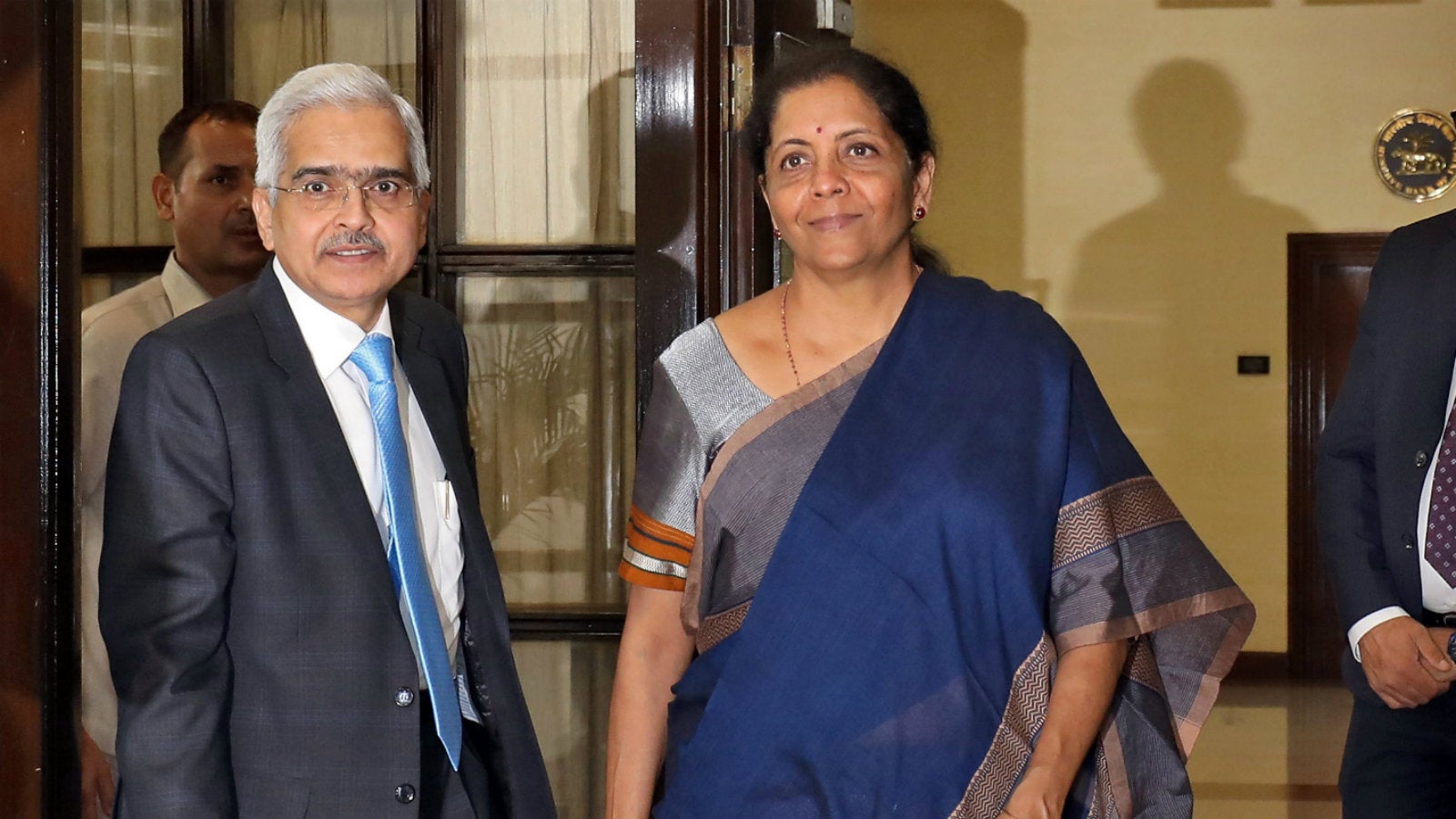Modi government’s plan to raise debt from overseas is a risky affair
Indian finance minister Nirmala Sitharaman’s first budget, presented earlier this month, was mostly forgettable.


Indian finance minister Nirmala Sitharaman’s first budget, presented earlier this month, was mostly forgettable.
It did not seem to acknowledge the deep hole in which the Indian economy finds itself and relied on extremely optimistic projections, even as it mostly stuck to the policy approach taken over the last five years.
There was, however, one big announcement: sovereign bonds.
Governments raise money from various sources. Since they usually spend more than they earn (a gap known as the “fiscal deficit”) and because revenue collection can be erratically spread out over the year, governments borrow money to finance expenditure.
This borrowing usually takes the form of a government bond: a loan that the state promises to pay back at a set date, at a particular rate of interest. Government bonds are the most sought-after debt instruments for investors, simply because they offer an assured rate and one presumes the state is never going to default.
If there is a downside to this, it is that a glut of government bonds in the market could result in most investors giving money only to the state and not to private companies, which also need credit.
Dollar-based credit
Sitharaman’s budget floats the idea of a sovereign bond. This is basically the same thing, but instead of the government taking a loan from domestic investors at a rupee value, it will seek credit from foreign investors in dollar terms.
All the other conditions are the same: the state will assure the investor that it will pay back the amount in a set time at a specified interest rate—the only difference being that the repayment will be in dollars, not rupees.
There are a few perceived advantages to this. India currently draws in very little money from abroad and interest rates globally are extremely low right now, so the borrowing would be cheap. Some analysts also believe that this could reduce how much the government crowds out the bond market in India. The country’s macroeconomic fundamentals are quite stable right now, giving many hope that sovereign bonds will be an attractive option for investors.
The downsides, however, appear to be much larger.
The obvious one is the question of currency volatility. If the Indian rupee suddenly drops in value because of an unforseen shock, repaying the debt in dollar terms would become much more expensive for the government. This would cause all sorts of problems, because India would suddenly find itself with much more debt than it had accounted for.
Others who have found themselves in this situation have been forced to borrow even more money just to pay back their borrowings, deepening the debt cycle.
Endangering the economy
There are other complex factors that endanger the Indian economy. Raghuram Rajan, Yashwant Sinha and many other commentators have advised that India should exercise greater caution before it makes this potentially dangerous move.
Some of them note that relying on external debt often fundamentally alters policy-making, usually to the detriment of the citizens.
It’s clear that even if the government is going ahead with this plan in the second half of the ongoing financial year, it needs to tread carefully. On this, aside from the technical arguments made by the economists linked above, three elements should be added: demonetisation, the goods and services tax and off-budget borrowings.
None of these have much to do with sovereign bonds. But the first two are clear examples of policies that, even if you thought they were prudent, the government mismanaged in the implementation. The shoddy work led to tremendous distress across India. If the same lack of rigour accompanies the roll-out of sovereign bonds, we should all be worried.
The third factor, off-budget borrowings, are another warning sign. The comptroller and auditor general (CAG) took issue with this government’s practice of hiding the actual amount it is borrowing, just to make the budget numbers look good.
The government must approach sovereign bonds cautiously, with a clear limit to protect against external shocks. But if the money turns out to be cheap, it may end up being reckless and expanding its borrowings—endangering the Indian economy.
In other words, even for those who believe that raising money through sovereign bonds is a prudent and manageable strategy, there is very little reason to believe that this government will conduct the necessary due diligence and not fall prey to the illusion of easy money that could end up dragging India down in the future.
This post first appeared in Scroll.in. We welcome your comments at [email protected].